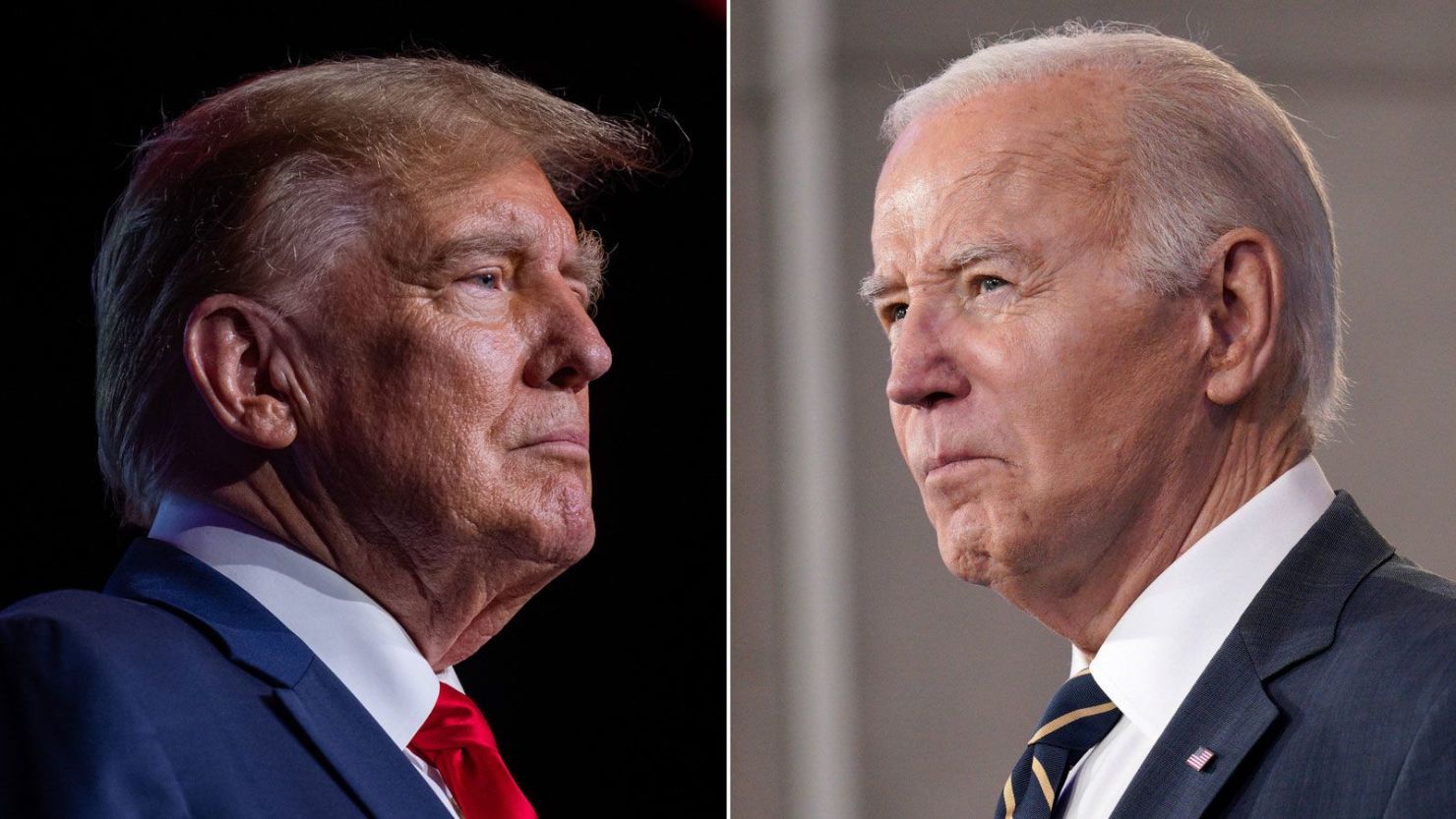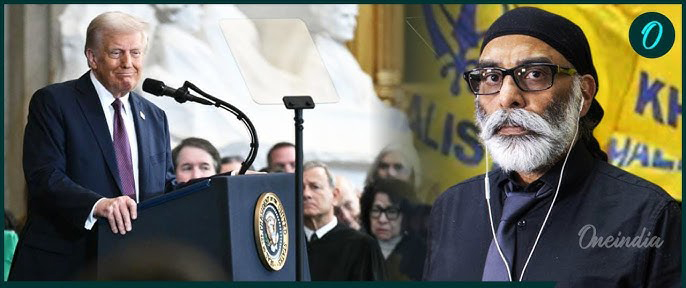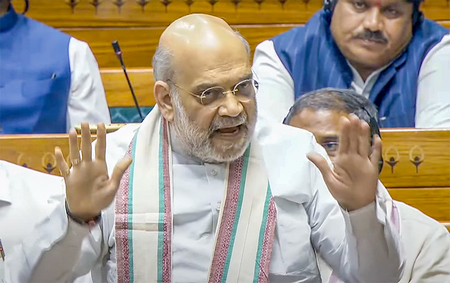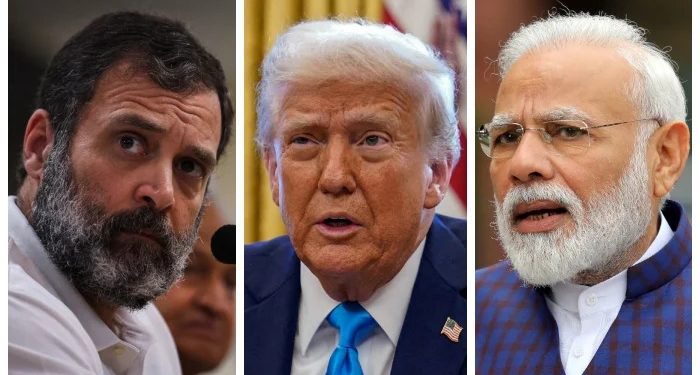WORLD NEWS

Former President Donald Trump is touting a $14 trillion corporate investment boom as proof of what he calls “The Trump Effect.” But a Reuters investigation reveals that many of the projects included in this total either originated under President Biden, relied on routine or state-level incentives, or had no clear connection to Trump’s economic policies.
The White House’s online tracker lists over 70 investment projects, claiming over $2.6 trillion in activity so far. But Reuters found that over half — nearly $1.3 trillion — pre-dates Trump’s return to the presidency in January 2025, raising questions about whether Trump is claiming credit for business decisions already in motion.
“President Trump is the greatest closer in modern history,” said White House spokesman Kush Desai, insisting that even if projects were underway, Trump helped convert them into final commitments.
🔸 Boasts vs. Facts: Reuters Findings
Reuters reviewed public records, state documents, and corporate statements, interviewing local officials and economists. The key findings include:
· At least 8 projects received state or local incentives before Trump took office.
· Several major investments, including from Merck, Johnson & Johnson, and Chobani, were announced or initiated under President Biden.
· Many projects represent routine capital expenditures, with analysts saying they would have occurred regardless of who’s president.
🔸 Examples of Repackaged Projects:
· LEGO: Listed for a $366M facility in Virginia, but the deal was in motion since 2022, according to state officials.
· Hyundai: Cited for a $5.8B steel plant, but Louisiana was selected before Trump returned to office.
· Corning: Received $900M under Biden’s CHIPS Act; Trump has called to repeal that same law.
· Clasen Chocolate & Chobani: Both received governor-approved deals well before January 2025.
Even the widely-touted $50B pledge from Swiss pharmaceutical giant Roche is now in doubt, with the company warning that Trump’s price equalization policy could derail its U.S. investment plans.
🔸 Apple and OpenAI: Routine or Revolutionary?
Apple’s $500B pledge to hire workers and build AI servers was showcased by Trump, but analysts say it matches their past investments:
“For Apple, most of this would’ve happened regardless of who’s president,” said Dan Ives, a Wedbush Securities analyst.
Likewise, OpenAI, SoftBank, and Oracle pledged to invest $500B for “Stargate” AI data centers. But their plans — announced on Trump’s first full day in office — remain tentative and contingent on negotiations with state governments.
🔸 Analysts Remain Skeptical
Economist Mark Zandi of Moody’s Analytics said the overall investment trend hasn’t changed much:
“Despite the announcements, it hasn’t translated into a shift in expectations... If anything, fundamentals have weakened.”
Zandi also cited Trump’s unpredictable tariffs as injecting uncertainty into global markets, which typically dampens investment rather than boosting it.
🔸 Political Messaging vs. Economic Reality
Still, Trump’s allies argue that tax cuts and deregulation are creating a long-term climate attractive to business:
“You’re going to see a lot more investment later this year,” said Richard Stern from the Heritage Foundation.
Critics, however, say the Trump Effect is more political branding than actual economic impact — aimed at shoring up his economic credentials ahead of the 2025 election.
“Much of it is about optics,” said Al Jazeera’s Phil Lavelle, referencing Trump’s previous efforts to turn symbolic deals into talking points.




